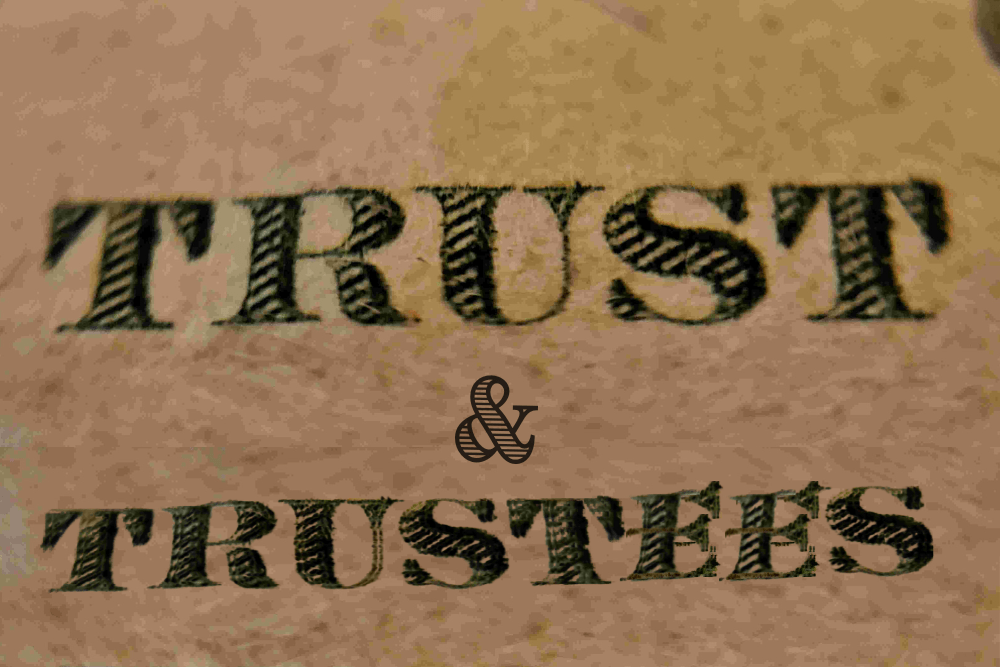Call back request
Related Services



Trusts: a Win-win for all Concerned?
Put simply, a trust involves one or more people (a trustee or trustees) holding assets for the owner or owners of those assets (a beneficiary or beneficiaries). Contrary to popular belief, trustees and beneficiaries can often be the same people.
Trusts can be created by an express trust deed (sometimes called a settlement), on death by a Will. In some cases, they can even automatically arise by law with or without being created by documents.
Trusts can be relatively straightforward – for example, a trustee holding an asset for a beneficiary who can ask for the asset to be transferred to them at any time (called a bare trust).
Some trusts provide for an individual beneficiary to enjoy the use of assets for their lifetime without that beneficiary owning those assets (called a life interest trust).
There can be other trust arrangements where there may be numerous beneficiaries and the trustees have a right to decide which of the beneficiaries receive provision from the trust from time to time (called discretionary trusts).
HM Revenue & Customs’ treatment of trusts for Income, Capital Gains and Inheritance Tax purposes varies and depends upon the type and particular terms of each trust.
Trusts can be useful. However, their usefulness needs to be judged against complexity and expense. Here is a non-exhaustive list of the circumstances where the use of trusts may be appropriate:
- Where the beneficiary is at risk of financial claims arising from the breakdown of a relationship or as a result of bankruptcy or business failure. Trusts can be used to reduce the risk of third parties having a claim on the assets through their claim against the beneficiary.
- Where a beneficiary is disabled or in receipt of means-tested benefits and provision needs to be made for them in a manner which does not affect their entitlement to certain benefits or where their disability is such that they could not manage the assets themselves.
- Where a beneficiary is young or has poor money management skills. A trust could be used to ensure that the funds are made available to them for appropriate expenditure at an appropriate time.
- Where beneficiaries have significant wealth and giving them further assets outright will only increase that wealth. Trusts can allow assets to be held so that they are available for those beneficiaries, for example if their circumstances change, but in a manner in which the assets will not belong to the beneficiaries for Inheritance Tax purposes.
- As a tax mitigation strategy. Some charities have a trust-based legal structure. We provide advice to charities about charitable trusts and regularly prepare documents to enable charities to administer trusts in the most efficient manner.
Our in-house accountant Sally Houghton can provide advice about all aspects of trust taxation and can also complete the necessary tax returns while also providing advice about various options to mitigate tax. All trusts must now be registered with HMRC and Sally can help with this as well.
Our experienced team regularly advise on the creation, administration, breaking and restructuring of trust arrangements. A number of our team are members of the Society of Trust and Estate Practitioners, which means that we are recognised as being specialists in this area of law. We provide advice to trustees as to their duties and beneficiaries as to their rights. We can also offer advice if disputes arise.







